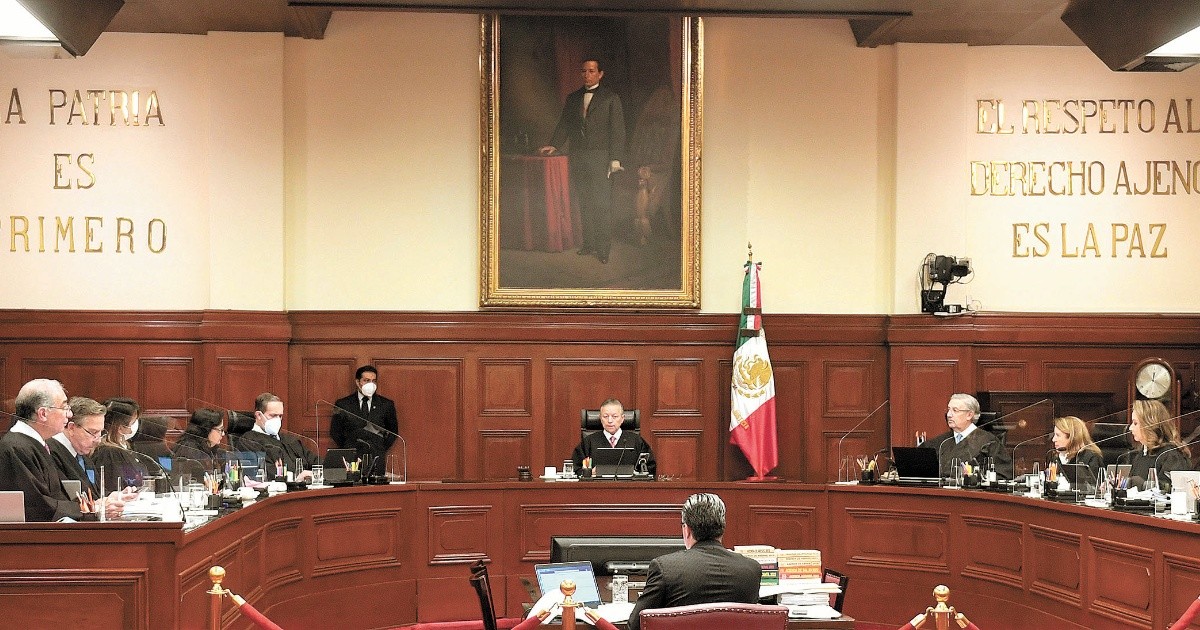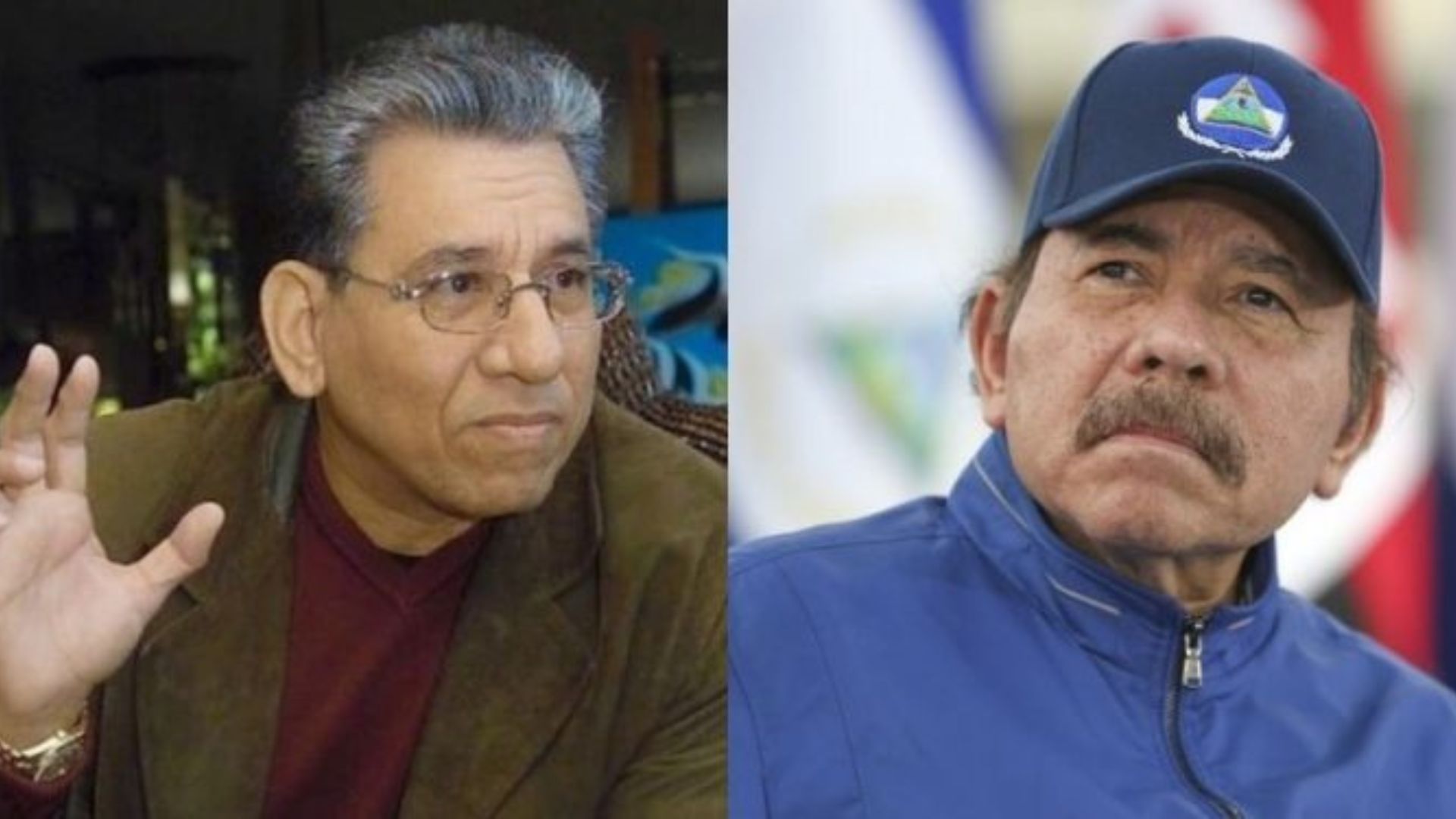This Monday, the plenary of the Supreme Court of Justice of the Nation (SCJN) will elect, from among five of the 11 ministers that make up the country’s highest constitutional court, its new president, who will be at the same time the Council of the Federal Judiciary (CJF).
Among the challenges of the Court for this coming year, the protection of fundamental rights and freedoms stands out, consolidating the independence of the Judiciary and citizen confidence in federal justice, as well as implementing judicial reform, and procedural transparency.
The candidates to succeed Arturo Zaldívar, who concluded his four-year constitutional term in office yesterday, are, in strict alphabetical order: Yasmín Esquivel Mossa, Alfredo Gutiérrez Ortiz Mena, Javier Laynez Potisek, Alberto Pérez Dayán and Norma Piña Hernández.
During the last months, Minister Gutiérrez Ortiz Mena and Minister Esquivel Mossa, were considered the strongest candidates to preside over the Court; However, given the public controversy unleashed on November 21, when the minister was accused of committing plagiarism in her degree thesis and after the president, Andrés Manuel López Obrador, referred to Ortiz Mena as the richest candidate and the candidate of the conservative groups, experts on the subject consider that Minister Laynez Potisek increased his chances of reaching the position, since they consider that he could unite the work of the two groups that are perceived to be in conflict.
In 2019, Esquivel Mossa was proposed as minister by President Andrés Manuel López Obrador; former president Felipe Calderón Hinojosa proposed, in 2012, Gutiérrez Ortiz Mena.
Laynez Potisek and Piña Hernández were proposed, in 2015, as ministers by former president Enrique Peña Nieto, while Pérez Dayán came to the Court in 2012, at the proposal of former president Calderón Hinojosa.
Pending issues
The list of issues pending resolution in the Court includes, among others, those related to constitutional controversies, actions of unconstitutionality or amparo promoted against the National Guard Law, the National Law of the Record of Detentions, the Law of the Attorney General of the Republic and secondary reforms in electricity.
As well as the judicial resources by which the legal changes for salary reduction in autonomous bodies were challenged, the presidential failure to appoint commissioners of the Federal Institute of Telecommunications (IFT), changes to the regulatory legislation for the secondment of the National Guard (GN) to the Secretary of National Defense (Sedena), modifications by which the trusts were extinguished and on the new nutritional labeling.
At the end of last November, 41 civil society organizations and individuals addressed a letter to the ministers in which they expressed their “concerns” regarding the appointment of the new president of the Court, considering that “it is of the greatest importance for the administration of justice and the consolidation of Mexico as a constitutional State”.
Through the document signed by the Foundation for Justice, Transitional Justice in Mexico, Common Cause, Mexico Evalúa, Institute of Criminal Procedure Justice, Pablo Girault and the international organization Foundation for Due Process, among others, urged to make the election process transparent .
Increase budget
The Supreme Court of Justice of the Nation (SCJN) will have for this 2023 of 5,630 million 534,430 pesos. Last year’s amount was 5,284 million 902,847, that is, a nominal increase of 6.5 percent.
With regard to the budget of the Federal Judicial Council, for last year an amount of 65,640 million 979,577 pesos was exercised, while for this year 68,933 million 886,433 were guaranteed.
(With editorial information)








